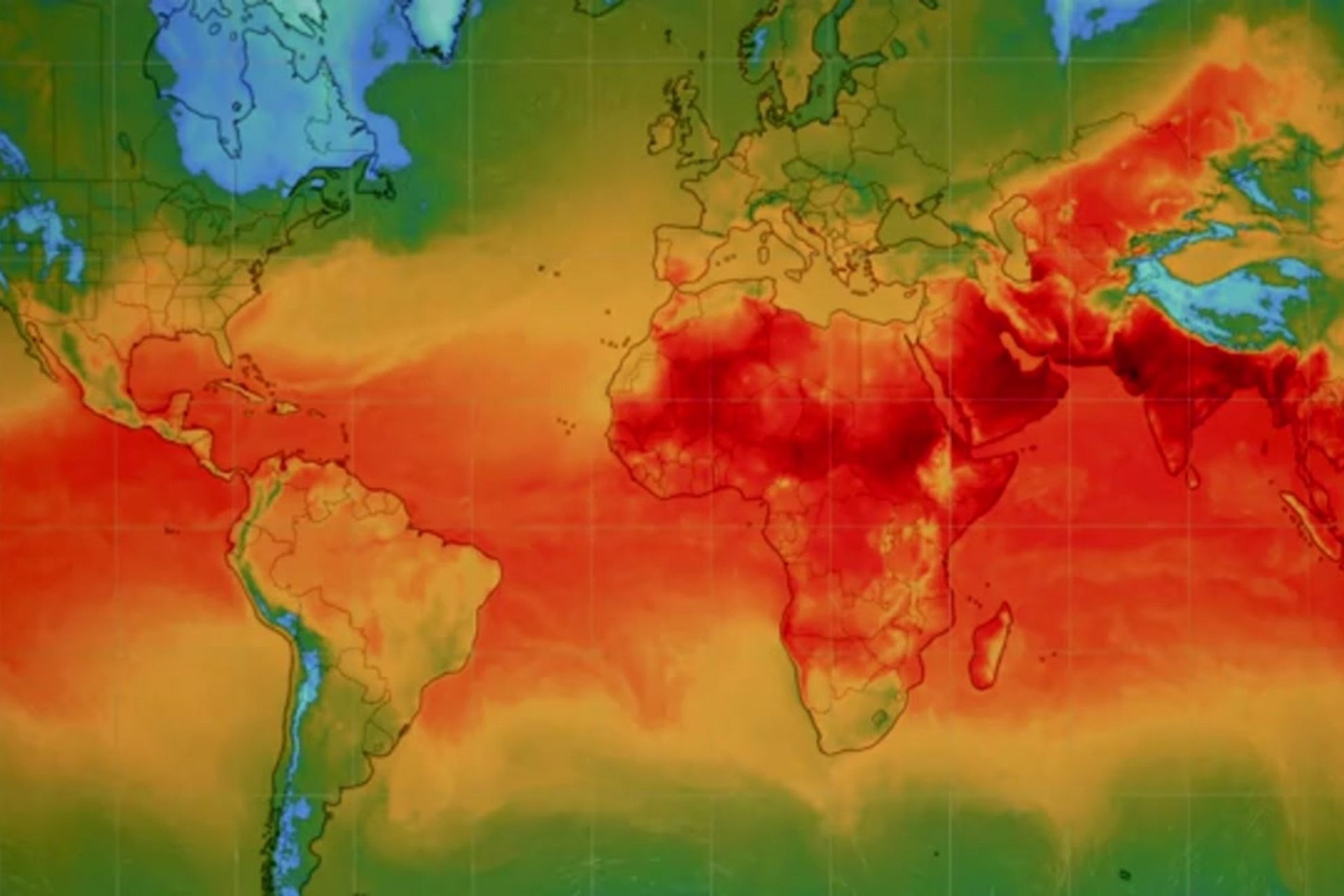RECORD SETTING: 2023 is officially the hottest year ever

Summary
2023 was the hottest on record due to our changing climate, causing more frequent extreme weather events that impact businesses
Key Highlights
In 2023, the world experienced an average global temperature of 14.98 degrees Celsius, surpassing the previous record set in 2016 by 0.17 degrees.
The extreme heat in 2023 led to deadly weather events globally, with every day in 2023 being at least 1 degree hotter than the corresponding day in the 1850-1900 pre-industrial period.
AccuWeather uses authenticated climate models and a superior historical database to produce the most credible long-term forecasts and actionable insights to help businesses navigate the escalating climate crisis.
The year 2023 has made climate history - marking it as the hottest year on record. With global warming nearing 1.48 degrees Celsius, dangerously close to the 1.5-degree limit set by the Paris Agreement 2015, the impacts are alarming for our changing climate. With proven Superior Accuracy™, AccuWeather uses authenticated climate models and our superior historical database to produce the most credible long-term forecast through 2100. AccuWeather is the only provider with this unique combination of climate datasets to create the most reliable actionable climate forecasts.
The Hottest Year on Record
In 2023, the world experienced an average global temperature of 14.98 degrees Celsius (58.96 Fahrenheit), surpassing the previous record set in 2016 by 0.17 degrees. The rising temperatures extended to the world's oceans, reaching a new high with sea surface temperatures 0.44 degrees above the 1991-2020 average. This alarming surge can be attributed to the compounding effects of climate change, further intensified by El Niño.
The Consequences of Climate Change
The repercussions of the extreme heat in 2023 were felt globally, with deadly extreme weather events such as wildfires in Canada and Hawaii. In all, the U.S. experienced 28 weather and climate disasters last year, which each caused over $1 billion in damage. According to CNN, the year's average temperature exceeded the 1991-2020 average by 0.6 degrees Celsius, marking a historic first – every day in 2023 was at least 1 degree hotter than the corresponding day in the 1850-1900 pre-industrial period.
AccuWeather's Role in Climate Risk Management
Urgent steps are needed to navigate the escalating climate crisis successfully. Decarbonizing our economy is critical, combined with leveraging climate data to prepare for the future. AccuWeatherʼs climate experts interpret the latest climate models against our historical weather and environmental database, the broadest and deepest in existence.
These enhanced and calibrated climate datasets will provide a customizable report to address future risks of escalating environmental perils to your business 5, 10, 20, or 50 years ahead.
AccuWeather interprets climate trends into actionable weather metrics and insights to:
- Plan for migration of workforce and customers based on our changing climate.
- Risk-proof your facilities against environmental changes by building sturdier buildings based on the risk of tornado threats or add insulation to your building based on temperature risks.
- Plan future supply and distribution chain based on severe weather threats by diversifying suppliers geographically and establishing distribution centers to maintain a steady flow of products
- Target future locations and investments by building in areas where you can capitalize on the shifting climate patterns to optimize a return on your investment.
Want to learn more about how AccuWeather can help you navigate our changing climate? Consult one of our climate experts today.





